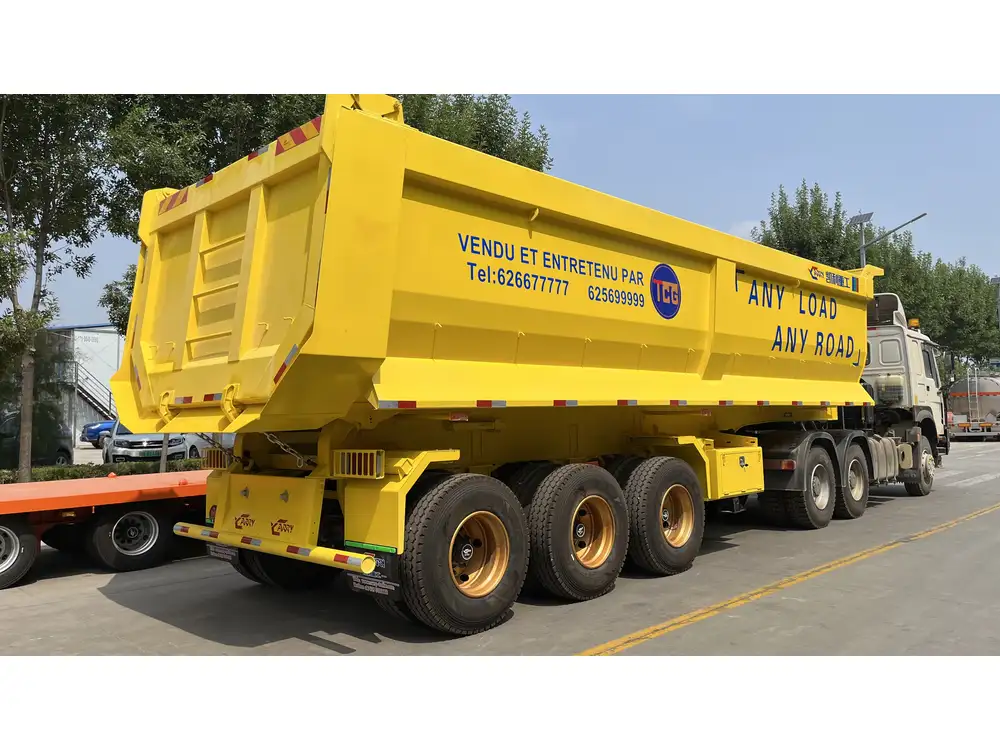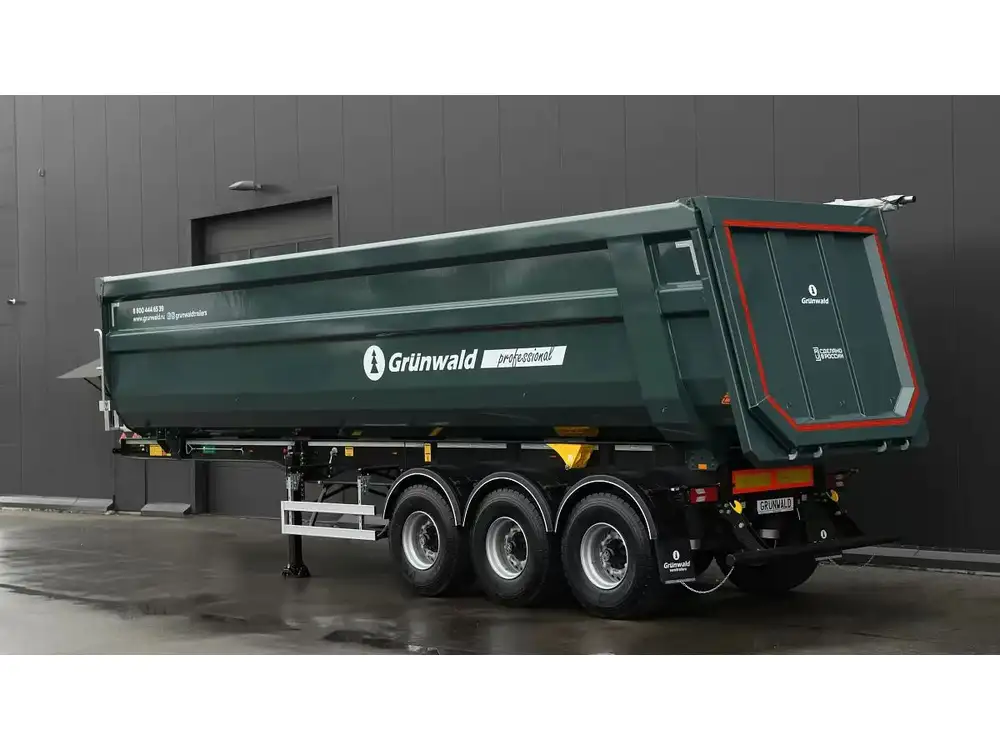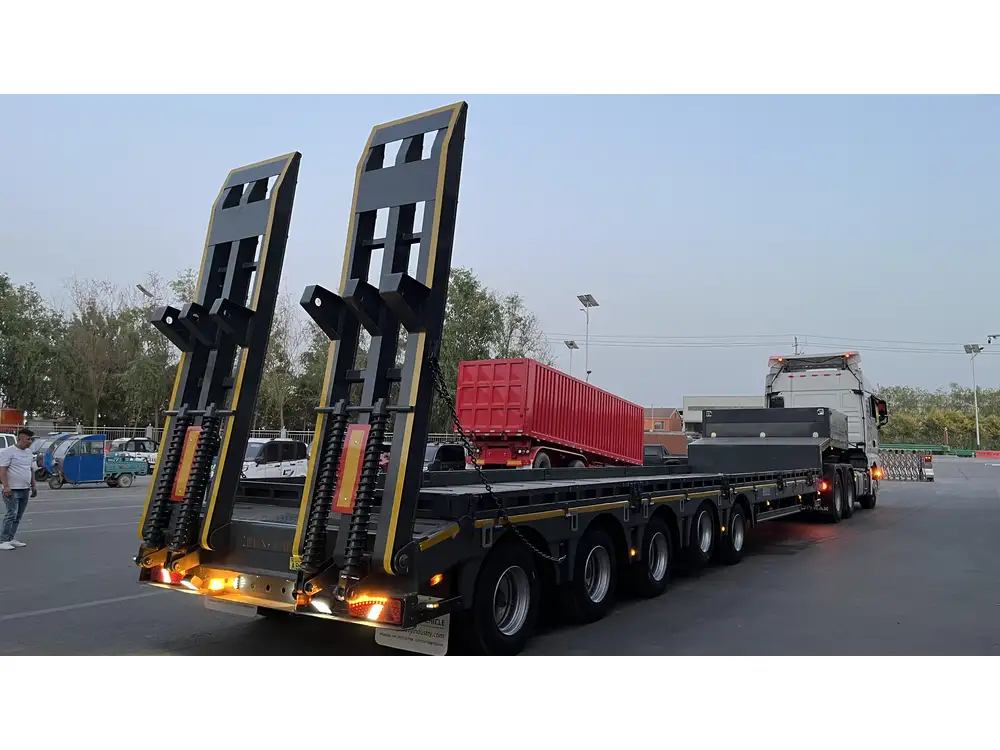Parking a flatbed trailer on the street often raises questions about legality, safety, and practicality. Whether you’re a seasoned truck driver, a logistics coordinator, or someone who simply owns a flatbed trailer for personal use, understanding the complexities of parking regulations is critical. In this article, we will dissect the issues surrounding parking flatbed trailers on streets, covering essential regulations, best practices, and alternatives to consider.
1. Understanding Local Regulations
1.1 The Importance of Local Ordinances
Before parking your flatbed trailer on the street, it is imperative to research the local ordinances governing vehicle and trailer parking. Each municipality may have distinct rules, and non-compliance can lead to fines or towing of your vehicle. These ordinances often consider various factors such as:
- Size and weight restrictions
- Time limits for parking
- Designated parking zones
- Safety and visibility concerns

1.2 Codes and Restrictions
To illustrate, the parking regulations in City A may prohibit trailers from being parked on public streets overnight, while City B allows overnight parking but restricts trailers over a certain length to specific areas only. Always check with:
- Local zoning laws
- Municipal websites
- The Department of Motor Vehicles (DMV)
2. Safety Considerations When Parking
2.1 Visibility and Traffic Flow
When parking a flatbed trailer, safety concerns must also be at the forefront. Trailers can obstruct visibility for other drivers, especially at intersections or curves. Ensuring safe parking involves taking the following into consideration:
- Height and Width: Ensure your trailer does not encroach upon sidewalks or interfere with the flow of traffic.
- Signage: Be aware of any road signs that dictate parking restrictions or designated loading zones.
- Lighting: Parking in well-lit areas can prevent accidents and deter theft.

2.2 Security Against Theft and Vandalism
Unattended trailers are susceptible to theft. Strategies to reduce this risk include:
- Utilizing wheel locks and hitch locks.
- Choosing well-lit and populated areas.
- Regularly checking on your trailer when parked for extended periods.
2.3 Liability Risks
Liability can arise if your flatbed trailer is involved in a collision while parked. To mitigate this risk, consider:
- Parking your trailer far enough away from the road to prevent accidental bumps by passing vehicles.
- Informing local law enforcement of your trailer’s purpose to avoid misunderstandings.
3. Best Practices for Street Parking

3.1 Time Management
If your trailer is only temporarily parked on the street, be mindful of local time restrictions to avoid fines. A helpful approach includes:
- Understanding peak hours of parking enforcement.
- Setting reminders for when you need to move your trailer.
3.2 Knowing Your Environment
Be aware of street conditions and other parked vehicles. For example:
- Avoid parking on busy highways.
- Look for street signs indicating permitted parking zones.
3.3 Utilizing Technology
Consider using apps or websites that provide parking information specific to your area. These resources can help you stay updated on changes in regulations and available parking spaces for trailers.
| Resource Type | Description | Link |
|---|---|---|
| Municipal Websites | Provide local regulations and FAQs | Local.gov |
| Parking Apps | Track permissible parking spots | ParkMobile |
| Driving Forums | Community insights and regulations | TruckersReport |

4. Alternatives to Street Parking
4.1 Storage Facilities
If street parking isn’t viable, consider parking your flatbed trailer at a storage facility. Advantages include:
- Security: Many storage facilities have surveillance systems.
- Convenience: Often provide 24/7 access.
4.2 Trailer Parks
Trailer parks designed for larger vehicles offer RV-style amenities and are a reliable alternative. Some key benefits are:
- Community Support: Interaction with other trailer owners.
- Maintenance Access: Facilities often offer services useful for upkeep.

4.3 Private Property
If permitted, parking on private property is an option. Ensure to:
- Obtain permission from the property’s owner.
- Confirm compliance with local zoning laws.
5. Environmental Considerations
5.1 Impact on Neighborhood Aesthetics
The presence of flatbed trailers can affect neighborhood aesthetics. Engage with local community boards and forums regarding any concerns or proposed regulations. Being part of the conversation can help in establishing amicable rules.

5.2 Road and Surface Degradation
Consider the impact of heavy trailers on local roads. Communities may request that you use only specially designed areas for heavy vehicles to minimize damage to surfaces.
6. Conclusion: Parking Responsibly
Parking a flatbed trailer on the street involves navigating various regulations while keeping safety and practicality in mind. By understanding local laws, implementing safety practices, and considering alternatives, you can effectively manage your parking needs without running afoul of authorities. Remember, staying informed and proactive is key to ensuring a seamless experience when parking your trailer.
Take Action
Before parking your flatbed trailer, take the necessary steps to verify regulations in your area. Utilize available resources, engage with local communities, and prioritize safety—to not only protect your asset but also foster positive relationships in your neighborhood.
With these insights, you can park your flatbed trailer on the street confidently and responsibly, maintaining compliance and ensuring community safety.



